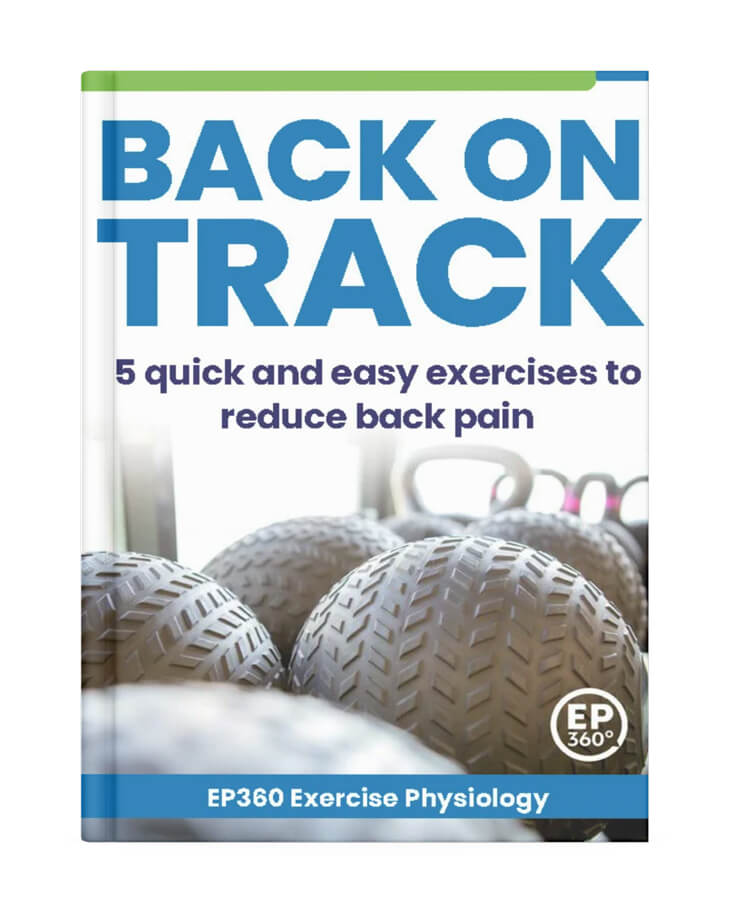Stress, anxiety, and depression are common mental health conditions that can affect anyone at any age. These conditions can be debilitating and can have a significant impact on a person’s quality of life. While medication and therapy are often recommended treatments, exercise has been shown to be an effective treatment option as well. In this blog post, we will examine the evidence for exercise-based treatment for stress, anxiety, and depression and explore how exercise can improve mental health and overall well-being.
The Link Between Exercise and Mental Health
Exercise has been shown to have a positive effect on mental health by reducing stress and anxiety and improving mood. When you exercise, your body releases endorphins, which are natural chemicals that help to reduce pain and increase feelings of pleasure. Endorphins can also help to reduce stress and anxiety and improve mood.
Additionally, exercise can help to increase self-esteem, reduce symptoms of depression, and improve sleep quality. All of these factors can contribute to improved mental health and overall well-being.
Evidence for Exercise-Based Treatment for Stress, Anxiety, and Depression
A growing body of research supports the use of exercise as a treatment option for stress, anxiety, and depression. Here are some of the key findings:
1. Exercise can reduce symptoms of anxiety
Several studies have shown that exercise can reduce symptoms of anxiety. In one study, participants who engaged in moderate-intensity exercise for just 30 minutes had a significant reduction in symptoms of anxiety compared to participants who did not exercise.
2. Exercise can reduce symptoms of depression
Exercise has been shown to be an effective treatment for mild to moderate depression. In one study, participants who engaged in an aerobic exercise program had a significant reduction in symptoms of depression compared to participants who did not exercise.
3. Exercise can improve sleep quality
Poor sleep quality is a common symptom of stress, anxiety, and depression. Exercise can help to improve sleep quality by reducing stress and anxiety and increasing feelings of relaxation. In one study, participants who engaged in moderate-intensity exercise for just 30 minutes reported improved sleep quality compared to participants who did not exercise.
4. Exercise can improve overall well-being
Exercise has been shown to improve overall well-being by reducing stress and anxiety and improving mood. In one study, participants who engaged in an exercise program reported improvements in overall quality of life and a reduced sense of social isolation.
Conclusion
Stress, anxiety, and depression can be debilitating conditions that can have a significant impact on a person’s quality of life. Exercise-based treatment can be an effective way to improve mental health and overall well-being. Regular exercise can reduce symptoms of anxiety and depression, improve sleep quality, and improve overall quality of life. If you are struggling with stress, anxiety, or depression, consider incorporating exercise into your treatment plan.







